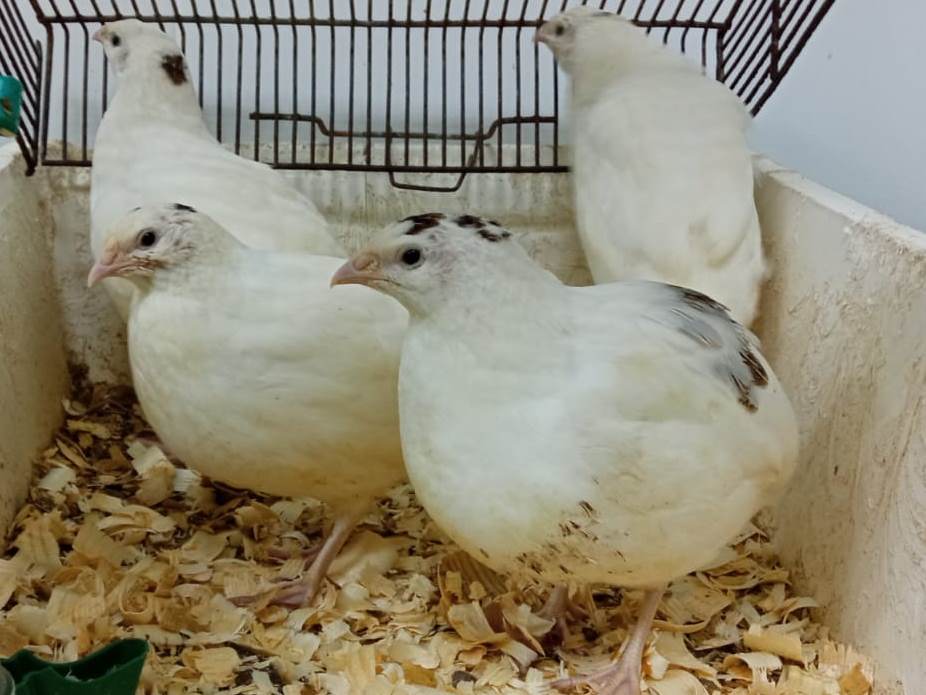Scientists working on feed additives to help domestic animals fight infections

The project is supported by the Russian Science Foundation and is implemented together with Kazan State Academy of Veterinary Medicine (KSAVM).
“Much attention is paid today to creating a new generation of probiotics to increase productiveness of domestic fowl and cattle. It’s especially important due to the increasing technogenic and anthropogenic influence on such animals,” says project lead Dina Yarullina, Associate Professor of the Department of Microbiology.
Probiotics can increase productiveness by 15 – 20 percent, effectiveness of treatment of gastrointestinal diseased by 30 – 40 percent, and reduce morbidity in younglings by 20 – 30 percent.
The team tasks itself with producing a feed additive (synbiotic) be including a complex of probiotic bacteria into a matrix of an agro-mineral sorbent. Immobilizing bacteria on solid particles improves their survival rate in the gastrointestinal tract and gradual release, which can increase the healing effect.
“We are looking at various compounds for the sorbent – zeolite, bentonite, vermiculite, sapropel, and other minerals. They all possess the quality of selective ion exchange and can both deliver and withdraw elements into and from an organism. They help extirpate heavy metals, normalize lipid, protein and carbohydrate exchange, and optimize enzyme systems,” adds Yarullina.
For probiotics, the scientists plan to use their proprietary strains of lactic acid bacteria with probiotic, sorption, immunomodulating, detoxifying, antioxidant, hepatoprotective and other properties.
Using such an additive may also assist in decreasing the prevalence of antibiotics in cattle and fowl business, as well as prevent dysbiosis and replenish microelements in animals.

